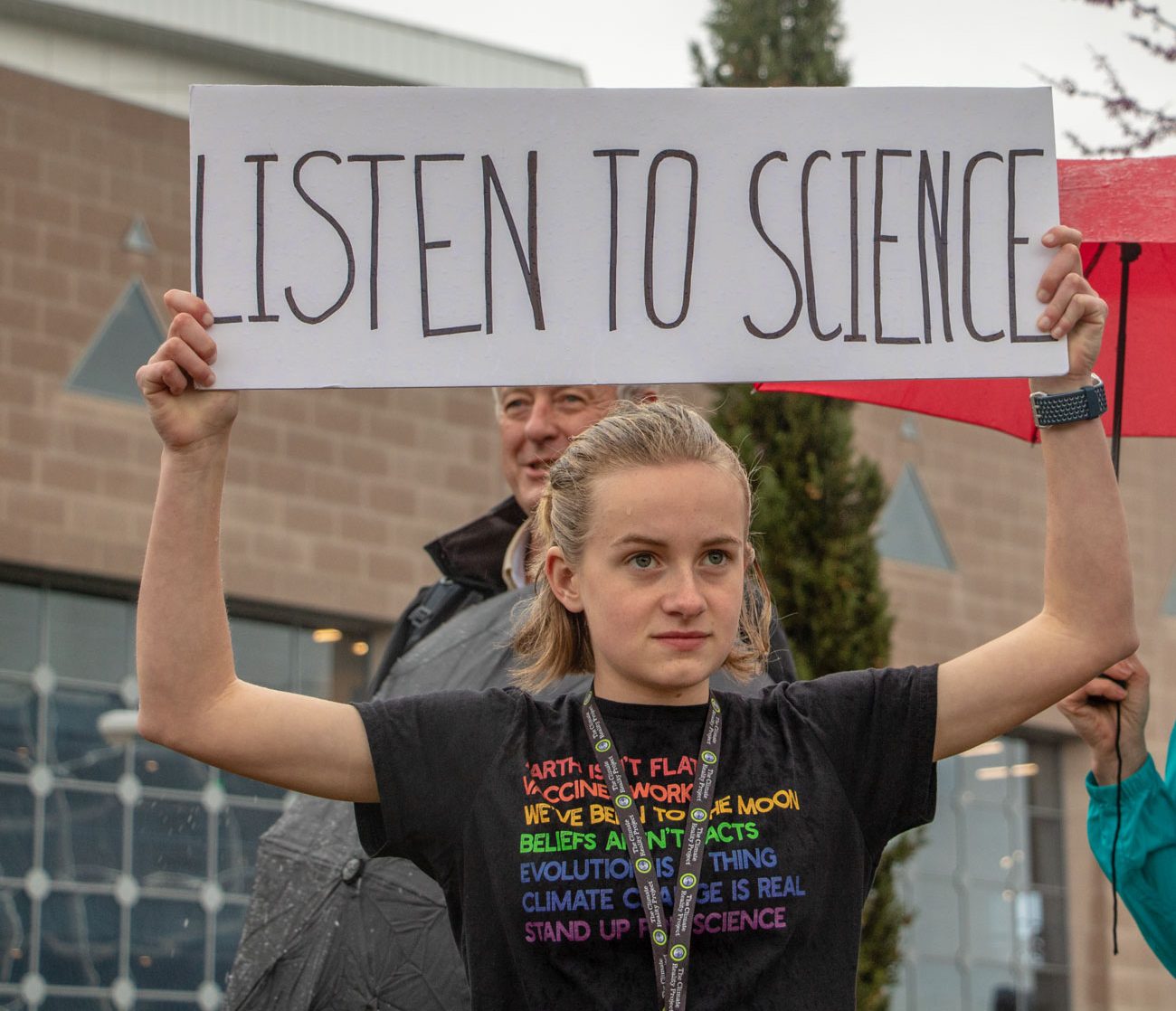Can you change the minds of climate deniers?
Do you believe in climate change? Statistically, the chances are you do. Around three in four people in the UK believe and are worried about the effects of climate change, according to the 2021 Census. But for something that may seem obvious to most, there are still a significant number of people who believe climate change is a made-up concept.
Even today, there are hardcore sceptics who argue that climate change is still up for debate, and they often stem from a place of misunderstanding.
It is largely understood that humans have contributed to and worsened the effects of global warming, with a desire to increase economic production regardless of the environmental costs. Now, we are at a point in our collective development where we are beginning to understand the harm both large-scale production and everyday actions cause. The past year, Trainline released a Spotify-wrapped-esque sustainability story, where users can find out how much CO2 they’re saving with every journey. Whether you look at the increased public awareness of the detrimental fast fashion industry, or the wider understanding the impact our own carbon emissions have, information on our output has never been easier to find.
The rapid increase in global temperatures and sea level rise simply cannot be attributed to natural factors alone. Although in the past there have been periods of similar warming and subsequent cooling, the alarming rates we have seen generally cannot be pinned purely upon the natural cycle of climate change – human actions have consequences. Even today, there are hardcore sceptics who argue that climate change is still up for debate, and they often stem from a place of misunderstanding. Between 97% to 99.9% of climate scientists agree that climate change is happening, and that the primary cause is human activity. The capitalistic pursuits that we chase are finally catching up to us, and we still are not sure what the future holds for us, nor what our reality is going to be.
Prior to being told the correct information, most people believed the scientific consensus on climate change to be much lower than it is in reality.
In the past 10 years, researchers have begun to study the effects of effectively communicating the overwhelming scientific consensus about the current climate reality. A study conducted by the University of Amsterdam and University of Vienna found that prior to being told the correct information, most people believed the scientific consensus on climate change to be much lower than it is in reality. Participants in the study then adjusted their opinions in response to the data. Increasing awareness of the consensus has, therefore, been shown to provide a positive change. Although most opinions on public action towards climate change did not change as a result of the data, people did become increasingly worried about it as a crisis – at least a step in the right direction for now. However, any added information relayed to the participants regarding the specific crisis data on climate change did not have nearly the same impact in changing opinions. In this instance, the difference between the knowledge and their perception of the knowledge was less shocking.
Evidently, the grandiose nature of climate change as a concept, and the harm we have caused until this point, cannot be undone on a small scale. But there are certainly things that can be done on an individual level to try and ‘do our bit’. Supporting more eco-friendly incentives such as not using single-use plastics when you grab a takeaway coffee next time is as good a place to start as any other.
Climate change as a concept should not be up for debate. But ensuring that correct climate information is shared is essential in helping everyone stay more up to date on the right facts and figures and have a better attitude towards the crisis overall.

Comments